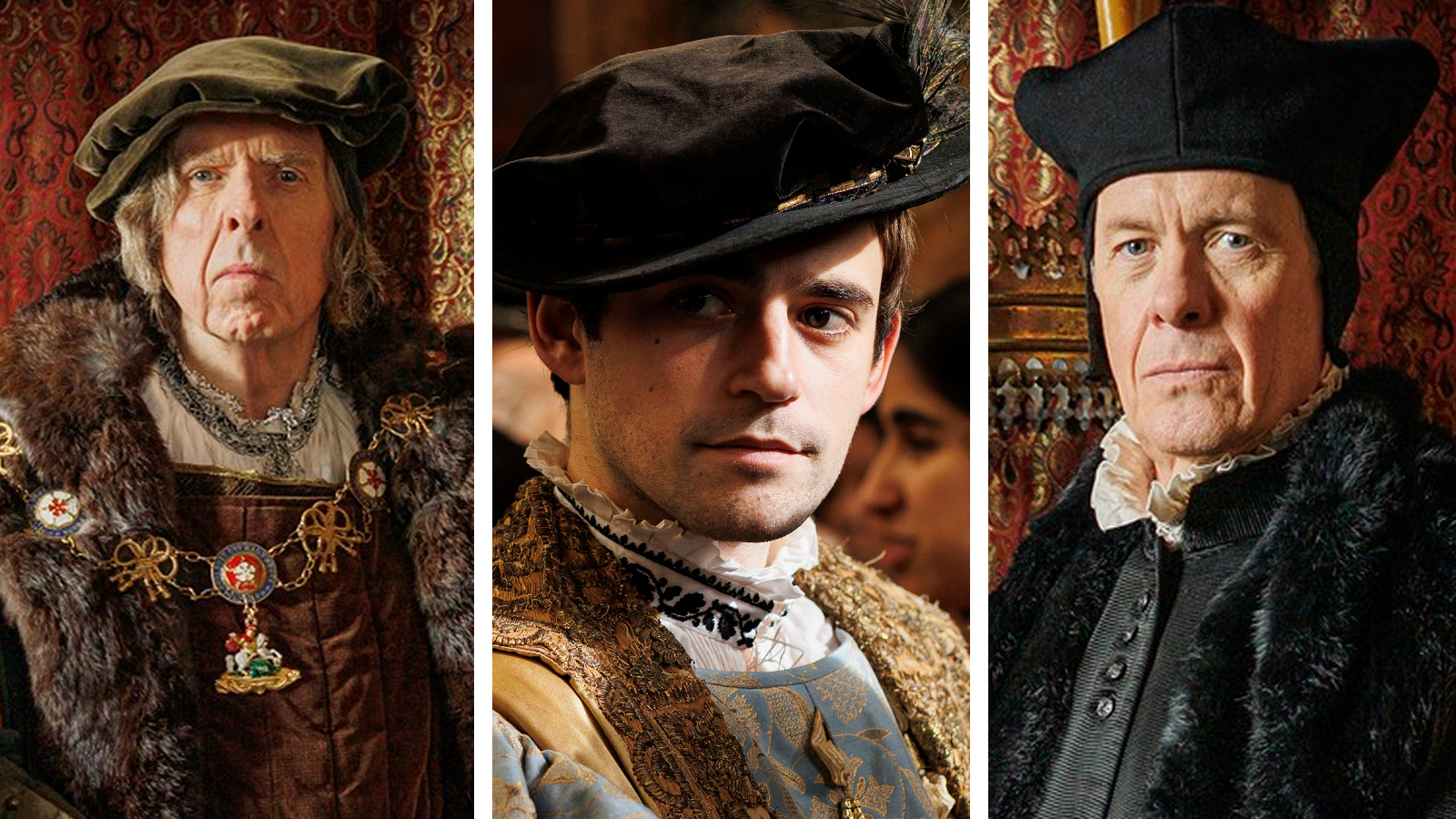This review contains spoilers for Star Trek: Picard, episode 3, “The End Is the Beginning.”
This is bad. This is very bad.
In previous episodes, we saw some cracks. Sometimes it was a misplaced action sequence in a franchise defined by high-minded ideas, a mystery that seemed too obvious with dialogue that was on the nose even for Star Trek, or that ticking clock of disease that undercuts almost every interesting motivation Jean-Luc Picard could have had. I was able to look past all of that because at the core, Picard had a lot of promise and teased at some genuinely interesting ideas around the way the Romulans function as well as the nature of Synthetics.
Now I just feel like I’ve been duped.
Let’s start with Raffi (Michelle Hurd). The beginning of the episode is almost entirely about why she isn’t crazy about Jean-Luc, or JL as she calls him to my continuing annoyance. The reason, in part, is that when Picard resigned from Starfleet in protest, she was thrown under the proverbial bus, her career ended. There is a nugget of a compelling idea in there. The great Admiral Jean-Luc Picard resigns his post in protest in a morally charged clash with the values that Starfleet should have followed, but he inadvertently takes friends and trusted coworkers down with him. We could have explored how that affected those around at the time, but there’s a problem with the way Raffi is used. This trauma doesn’t feel lasting at all.

The character says she has lasting trauma from what happened with Starfleet and lives in a trailer where she vapes a lot, but it feels like she is almost too willing to go back with Picard. They were clearly trying to portray a genuine reluctance to work with the man who ended her career, but no, she goes right with Picard, making it all feel disingenuous. It would have been a great idea to have Raffi toil over this conundrum and eventually decide that Picard is a good man, but despite spending the entire first act and a solid part of the second act with Raffi, I do not get an ounce of that quandary. Star Trek and Star Trek: The Next Generation in particular fixated on this exact kind of moral struggle, and the extent to which the showrunners bungled a core aspect of the franchise is deeply concerning.
At the end of the laborious meeting with Raffi, she gives Picard the name of a pilot that might help him: Chris Rios (Santiago Cabrera). It’s clear Rios is a loose cannon that doesn’t play by the rules, as we first see the man with a hunk of shrapnel sticking out of his shoulder and a hologram of Rios pulling it out and tending to the wound. The hologram might as well have looked at the camera and said, “He never gets any nicer.” He does say that, though, and it is annoyingly on the nose. Star Trek: Picard cannot seem to avoid running straight to boring, well-worn archetypes and treating the audience like they didn’t pick up everything this hacky dialogue tells them from the second the character enters the frame.
My other huge gripe with Rios is the accent. I don’t know if it was a lack of preparation or just some really bad creative decisions, but Rios and his hologram have the most patchy, inconsistent accents I’ve seen since Tom Hardy in Venom. There’s English, some Scottish, Latin, and I think I caught some German in there. It distracts from everything.
It’s at this point that I realized it was halfway through the third episode, and we were finally introduced to the fourth regular hero. The show has been pretty good at tricking the audience into thinking that something meaningful is happening, but that illusion is failing the show now. Barely any plot happens in “The End Is the Beginning,” and any plot we do see has been understood with previous revelations. Slow-moving plots are fine, and I think audiences are becoming more willing to accept that, especially with the ubiquity of streaming services and binge watching as a valid method of consuming TV.

There’s a problem with Picard, however. This is a show released weekly, so the fact that almost nothing of note happens in an episode is far less acceptable. The show feels like it was intended to be released all at once for everyone to binge. That would explain the pacing issues and the slow drip of character introductions, but we are nearly a third of the way through this season and I get the nagging feeling that the plot hasn’t even started.
I do not care about Soji. The mystery around her and her sister Dahj had some promise, but at this point it has evolved into an amnesia subplot that is somehow less interesting than every other amnesia subplot I’ve ever seen. She has information in her subconscious, and it comes out at plot-relevant times. It is a dual-purpose hacky exposition generator and a character development crutch. On top of that, the amnesia pulls the audience away from empathizing with the character because the character isn’t really there, any interesting character hidden behind a level of mental fog.
The Borg are compelling enemies, and there is a spark of an idea with Soji, a synthetic that doesn’t know she is a synthetic, meeting with an ex-Borg, a partial synthetic that is all too aware of their inhumanity. How might those opposing views of humanity itself clash? What does that mean for the idea of synthetics? Does the show do anything with that idea? Of course not. It is annoying at this point how many times this show comes within reach of a deeply compelling idea and just chooses to ignore it entirely.

Pacing is one thing and the use of tropes is another thing, but there is one scene that is just baffling to me to the point where I question how it met the standards to be released. Back in Chateau Picard, a Zhat Vash comes in to take out Jean-Luc. I have criticized the action on this show before for being antithetical to what Star Trek represents, but I am willing to accept that this franchise can evolve. That is not my criticism of this scene.
Rather, it feels like every single creative decision that could’ve been done poorly was done poorly. We have been in this room of the chateau for many scenes, but this sequence is edited in such a way where you cannot effectively understand the geography of the room or what is happening. You can’t help but feel sick, and that did not seem like an intentional feeling. I went back and watched the scene a few times and honestly could not definitively tell who actually lands a punch. That’s bad enough, but the sound mix is incomplete. I don’t know if they mastered it incorrectly or if a show constantly drowning in big, pompous score chose this moment to go for dead silent, but it felt so fake that I couldn’t help but laugh at how bad it was.
Picard, both the show and the formal Starfleet admiral, need a miracle. In the case of the former, this episode told me that it probably doesn’t have a miracle in it. I cannot imagine someone wanting to continue watching this show after “The End Is the Beginning,” but I’ll be here next week to do just that.













Published: Feb 6, 2020 10:35 PM UTC